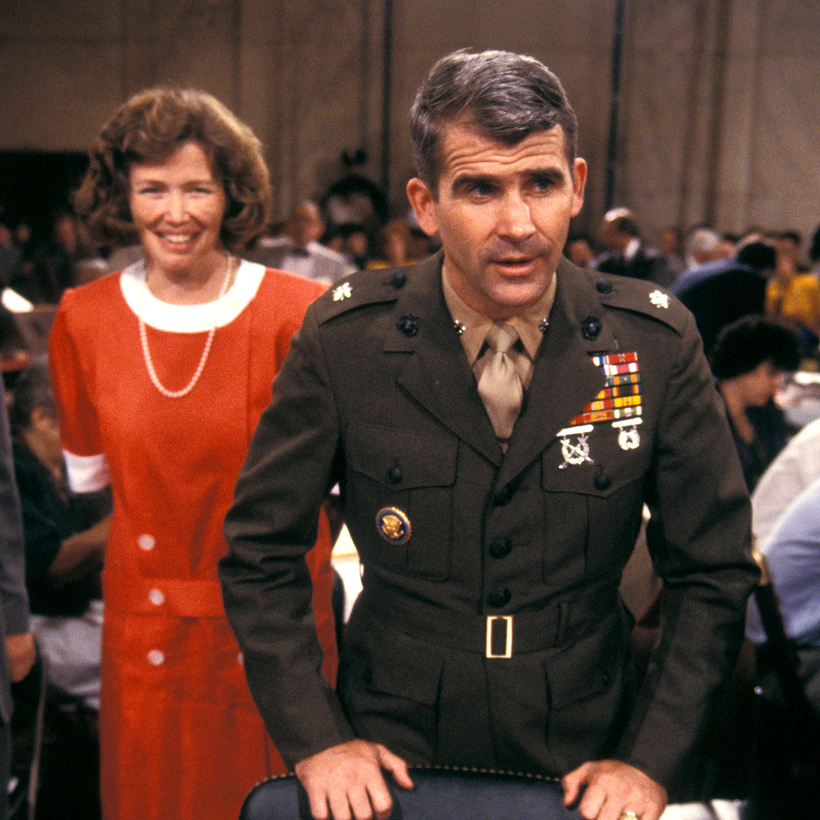We’ve all heard that old droner attributed to Santayana, “Those who cannot remember the past are condemned to repeat it.” Yet remembering the past has seldom proven a surefire preventative for not fouling up all over again, otherwise Wile E. Coyote wouldn’t keep smacking into a tunnel painted on the side of the hill. No, comedian Peter Cook was probably closer to the mark when, asked in a “Pete and Dud” sketch by partner Dudley Moore, “Would you say you’ve learned from your mistakes?,” he answered confidently, “Oh, certainly, certainly. I’ve learned from my mistakes, and I am sure I can repeat them exactly.”
Season Two of Fiasco, the podcast series devoted to resurrecting and explicating political train wrecks of the recent past (its first season covered the Bush vs. Gore Florida re-count travesty of 2000), escorts us down the twisty memory lane of one such mistake destined to be repeated. Like Wondery’s podcast series American Scandal: Iran Contra of 2018, Fiasco reconstructs the Iran-Contra affair of the mid-1980s, the cockamamie scheme that empowered a clandestine crew of clueless amateurs to circumvent the law and conduct backdoor American diplomacy by shipping missiles to Iran via Israel, then using the profits to fund the Contras in Nicaragua to overthrow the Sandinista government. This comedy of errors, a Rube Goldberg machine gone berserk, produced a four-bagger: an international debacle, a political scandal, a Congressional investigation, and criminal indictments.


